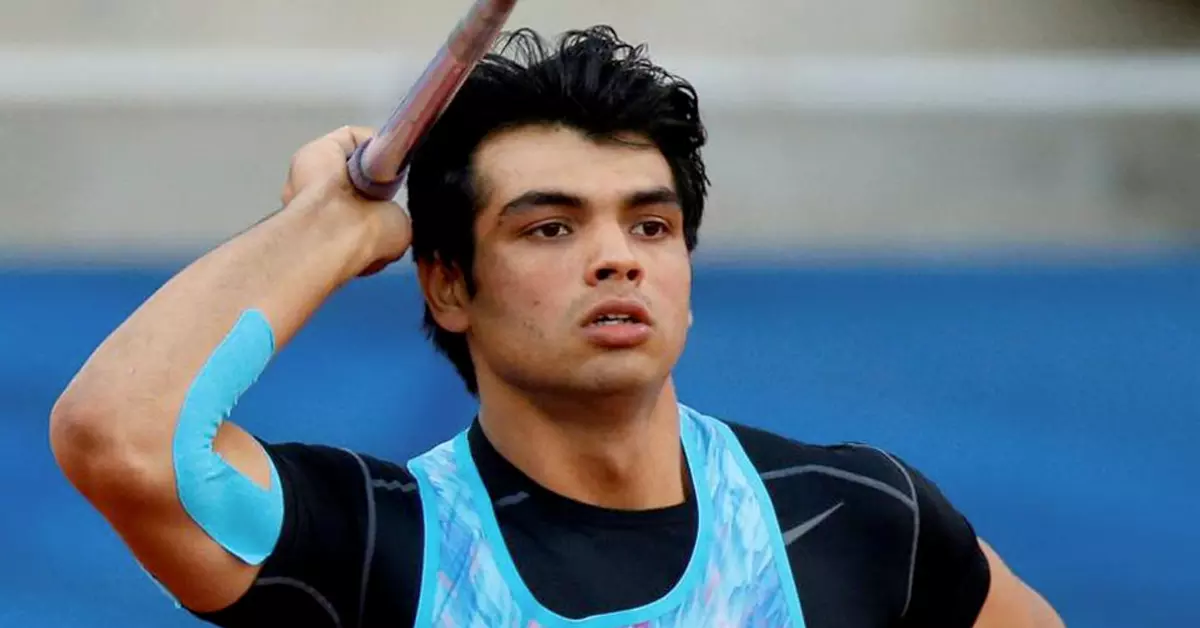Mental Health
How psychologists are helping Indian athletes to win the mental war amid the COVID crisis
Sports psychologists have regularly been in touch with Indian sportspersons who stare at uncertainties during the second wave of COVID.

Neeraj Chopra
"The situation now is such that you may find it difficult to keep yourself motivated. It's very distressing to see so many people getting affected by the virus and so many deaths… So I have stopped reading newspapers and kept the television switched off. It's like, god what's happening in our country," India's ace javelin thrower, and possible medal contender for Tokyo Olympics, Neeraj Chopra said from Patiala during a virtual media interaction organised by Sports Authority of India (SAI) on Wednesday.
The second wave coronavirus pandemic is raging across India. The country reported 3.62 lakh cases on Wednesday. As it brings a grim picture to the fore, the pandemic has threatened to disrupt the preparations of India's Olympic contenders. With less than 75 days to go for the Tokyo Olympics, athletes stare at uncertainties. As one after another country shut doors for Indian travellers, it is not only impacting those who are seeking qualification but also those already qualified who fear they will have no time to prepare before the Games.
As our athletes stare at the unknown, anxiety and doubts create clutter in their heads regarding their career, their health, and of course family. If athletes are not allowed to train or play, it will be a taxing experience for them which would directly affect their mental health. Sports can be very challenging and mental health is key at every level, from building resilience to dealing with the rigours of training and the pressures of competition, while maintaining equilibrium through wins and losses. After a certain level, athletes who are physically on par with each other separate themselves from the rest of the field due to their mental strength and stability at the most crucial moments in their game.
This is where sports psychologists step up and help athletes fight their mental battle as well. The Bridge spoke to two renowned psychologists, who have been working with Indian athletes helping them strengthen their mental aspects in these hours of crisis. Mreenal Chakraborty who is a Mental Toughness Trainer with the Indian Archery Team, have been associated with Indian sports fraternity since the last 12 years, says "It is my responsibility to teach players about their inner locus of control. We cannot change the weather, we cannot change the government policies, we cannot change how our opponents prepare themselves. Therefore, I ask the players to change their thought patterns, change their action plans, and upgrade their mindsets. We train them to convert their weakness into strength."
Athletes get to learn that when the situation is not under control, they have to find out the positive aspect of the situation. Players are being asked to train at every practice sessions as their match day so they can give put their best foot forward. "There is also another concept — mindful and mind full. It is simply the difference between living in the present and thinking too much about the future. I ask players to be mindful and not 'mind full', which can affect their performances. Every day they have to be fully prepared and make up their mind to give their best or else to much of stress will be impacting their performances. We also use the process of Reticular Activation System which helps the players to cleanse the negative thoughts and look inside the positives," says Chakraborty.
Sanika Divekar, Doctoral Trainee in Sport and Exercise Psychology, who has been working extensively with India's international table tennis players, says, "I think the most important issue to me is the uncertainty of the whole pandemic timeframe. Athletes were hopeful about sports getting started again but with the arrival of the second wave of coronavirus, they don't know how to deal with this situation and create awareness about the uncertainties. Their schedules and routines have been disrupted. It is where we train them to be mindful, and patient."
"A lot of my athletes don't have access to proper training facilities. But that doesn't stop us from doing mental training, work on our skillsets, like visualisation, revisiting the goals that they have set for the season. So there's a lot of that there's a lot of background work, which happens. And I think this is the most important time to also focus on it. Many have been worried about their career and future owing to this prolonged break. They cannot speak about these to their coaches and that's why speak to them without being judgemental and help them find the right path," says Divekar.
Let's not forget that sportspersons are also as humans like us. Getting back to training is important but getting back in shape mentally is equally important. And let's not forget the popular saying that games are won or lost more in the mind than on the field.
